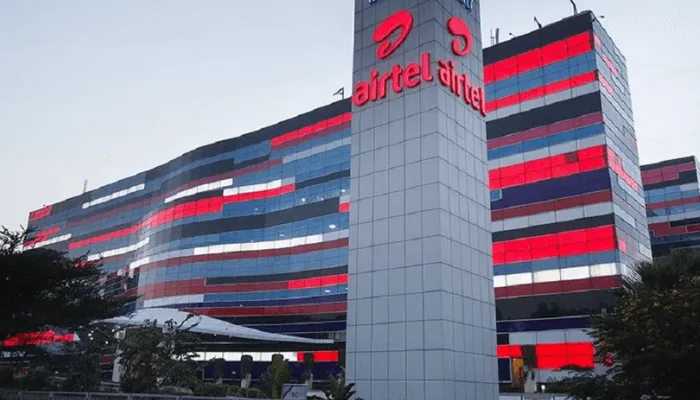Airtel Nigeria, the country’s second-largest telecom operator, has revised its data pricing structure, implementing tariff adjustments of up to 50%, as detailed on its website on Monday.
The changes, which affect various data bundles, come in response to the rising operational costs that have been a concern across the industry. While the company has not yet issued an official statement, the move reflects a broader trend among telecom operators seeking tariff adjustments to address the impact of inflation and currency fluctuations.
In addition to the data price increases, Airtel, which has over 56 million subscribers, also raised its voice call tariffs over the weekend. A senior Airtel official confirmed the changes in an interview with The PUNCH on Monday, explaining that the adjustments were necessary due to rising costs. The official clarified, “Yes, we’ve updated our data prices today, and they are available on our website. However, the increase is not as high as 50 percent.”
The new data plans include options such as N50 for 40MB valid for one day, N100 for 100MB valid for one day, N200 for 200MB valid for three days, and N350 for 1GB valid for one day. Other plans offer N350 for 350MB valid for seven days, N500 for 750MB along with 1GB of YouTube Night data and 200MB for YouTube Music/Spotify valid for seven days, as well as N500 for 1GB with 1GB YouTube Night and 50MB for social media, also valid for seven days. Additionally, there are N500 plans for 2GB valid for two days and N1500 for 5GB valid for seven days.
Airtel assured its customers that the revised prices still offer affordable options for various data needs, emphasizing their commitment to providing a fast, reliable, and affordable internet experience. Customers were encouraged to get started by dialing *312#.
Similarly, MTN, Nigeria’s largest telecom operator, has also raised its data and call tariffs, following approval from the Nigerian Communications Commission (NCC). The adjustments, which took effect over the past week, have resulted in higher charges for calls, SMS, and internet usage.
These recent tariff increases come at a time when telecom operators are grappling with the challenges posed by inflation, foreign exchange volatility, and the rising costs associated with network expansion.
NAN


